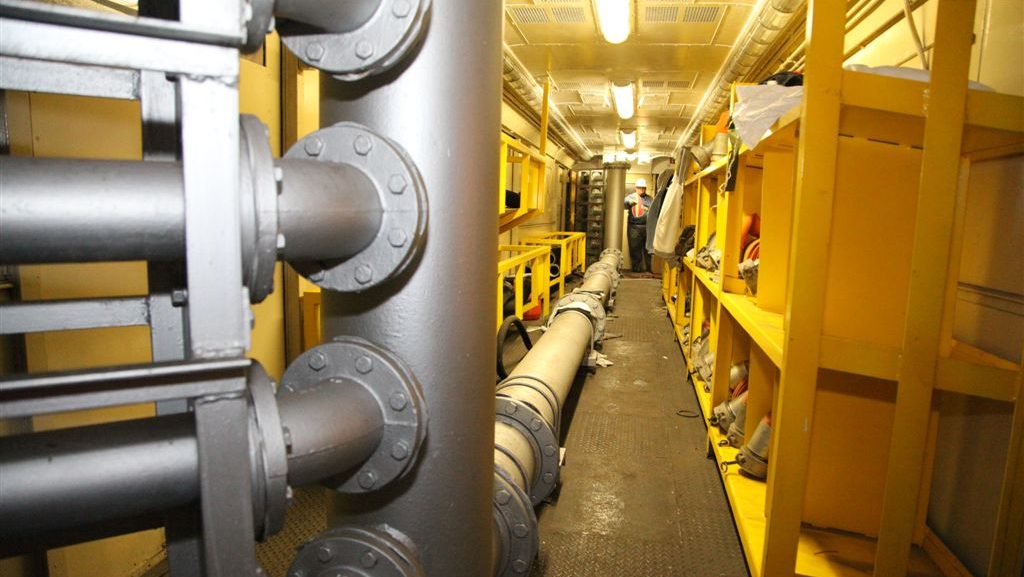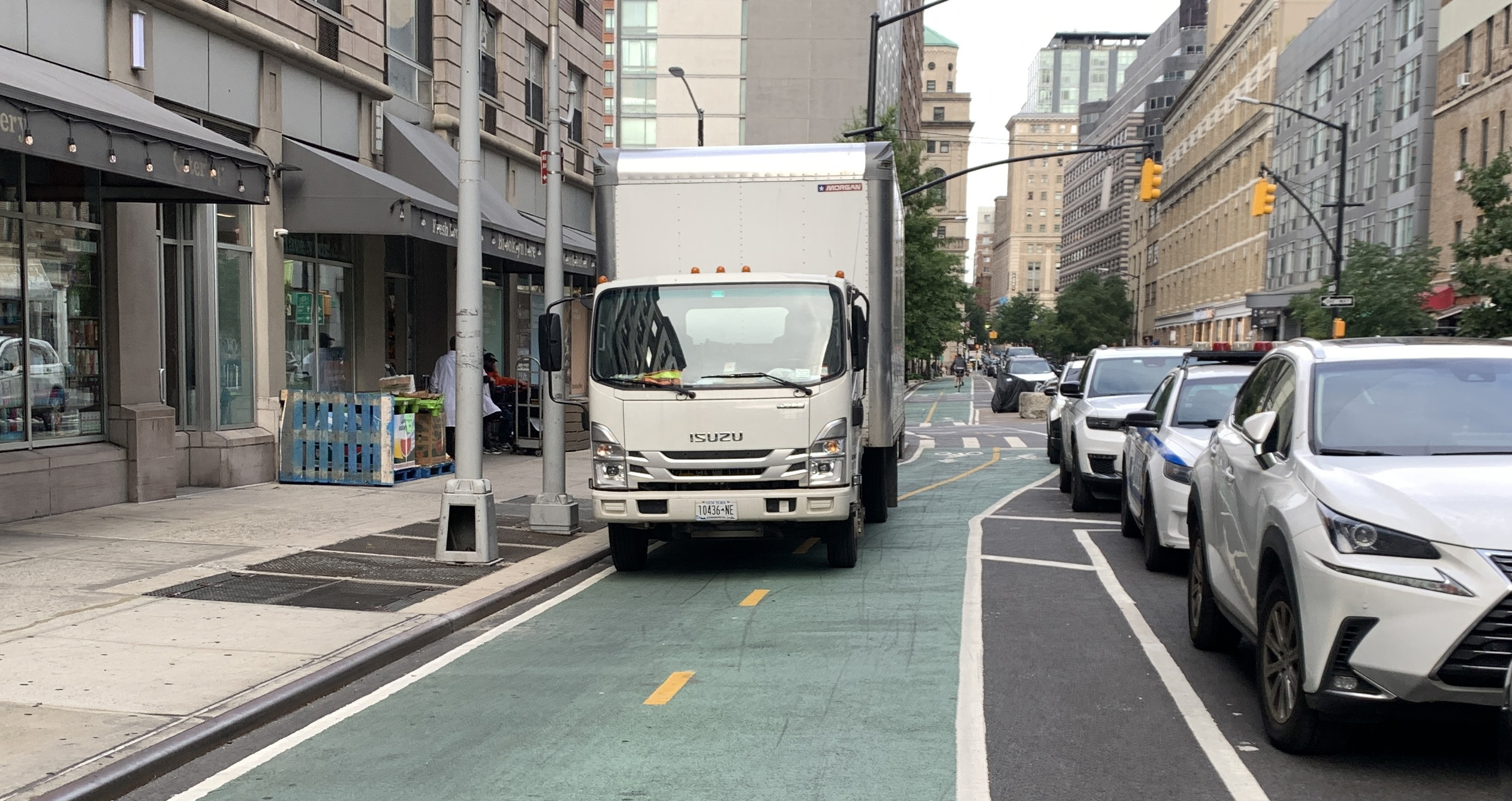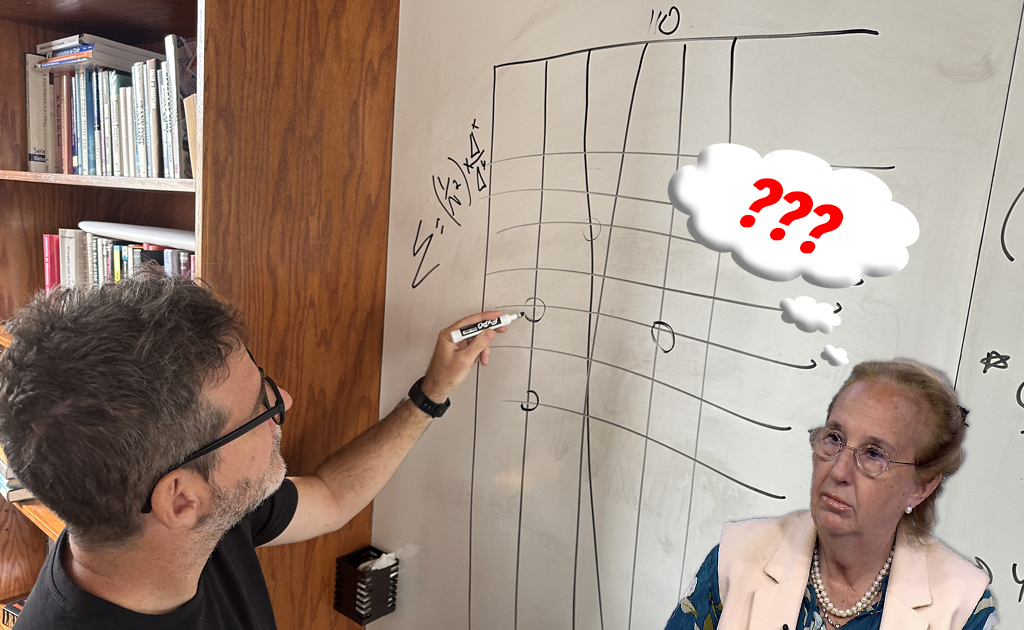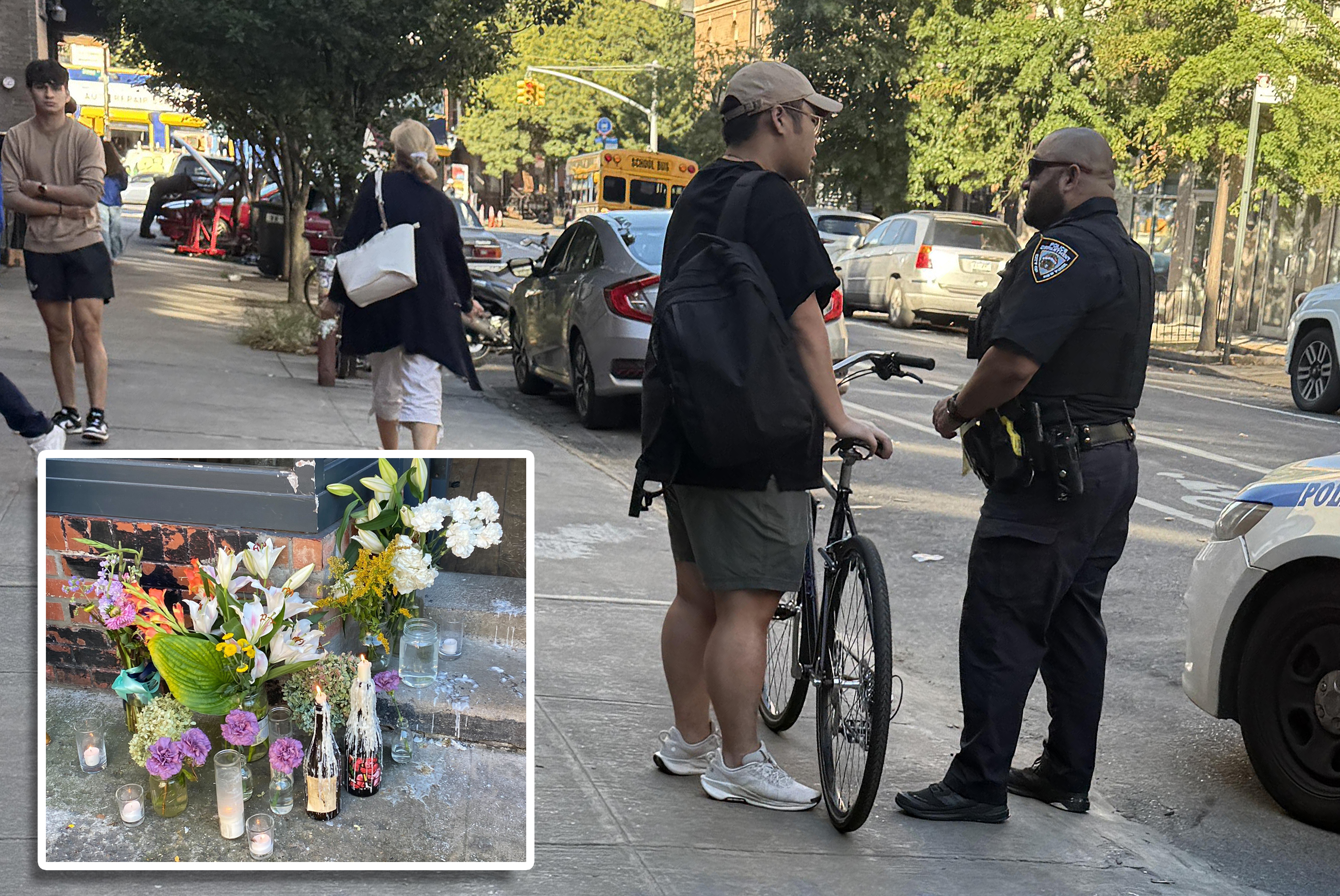On the north side of Charlottesville, Virginia, Route 29 is congested. So of course county officials immediately zeroed in on the most expensive, most disruptive course of action: building a $245 million bypass.
In the above video, a local environmental group is proposing a different solution. The Southern Environmental Law Center says the problem could be solved for a lot less than $40 million a mile -- with just a few key interventions.
Sean Tubbs at Network blog Charlottesville Tomorrow has this report:
“We put this video together to highlight better approaches to solving traffic problems on U.S. 29,” said Morgan Butler of the Southern Environmental Law Center on Thursday. “The community itself has developed an approach that is far less damaging than the bypass; it’s more cost-effective, and it provides benefits that the bypass simply does not.”
In June, the Commonwealth Transportation Board awarded a $136 million contract to design and build the bypass to a team consisting of Skanska-USA and Branch Highways. However, the Skanska-Branch team cannot begin work on the final design until after the Virginia Department of Transportation completes an environmental assessment. The last study, known as an environmental impact study, was concluded in 2003.
The Federal Highway Administration is expected to determine in the fall if further scrutiny is required. The environmental groups hope the FHWA will make a decision that stops the bypass once again.
While local authorities seem to be bent on building the bypass, proposing an alternative -- and proposing it in video -- is a smart and increasingly common strategy. Charleston environmental group the Coastal Conservation League was able to help successfully halt the 8-mile Mark Clark Expressway using a well-designed and accessible alternative plan. In Portland, Spencer Boomhower's animated condemnation of the Columbia River Crossing highway project has been viewed more than 2,000 times. He even followed up with a "common sense alternative."
Elsewhere on the Network today: Bike Portland reports that a local business journal recently published an editorial lauding bicycling's important role in the economy. Systemic Failure boils down the recent New York Times story about a lawsuit threatening Delhi's BRT system: The small percentage of residents who drive feel entitlement to the entire street. And the Wash Cycle shares results from a study of fatal bike crashes over a four-year period in Ontario.





